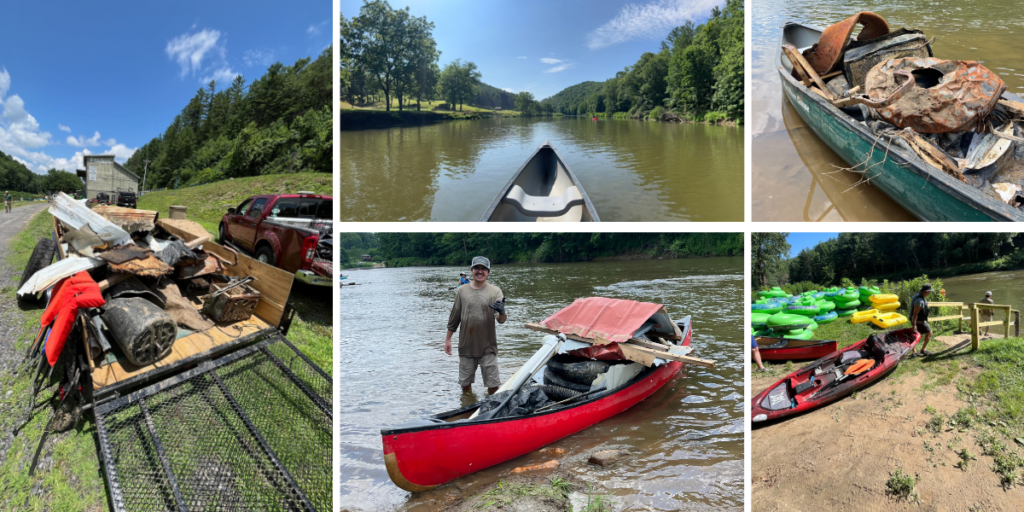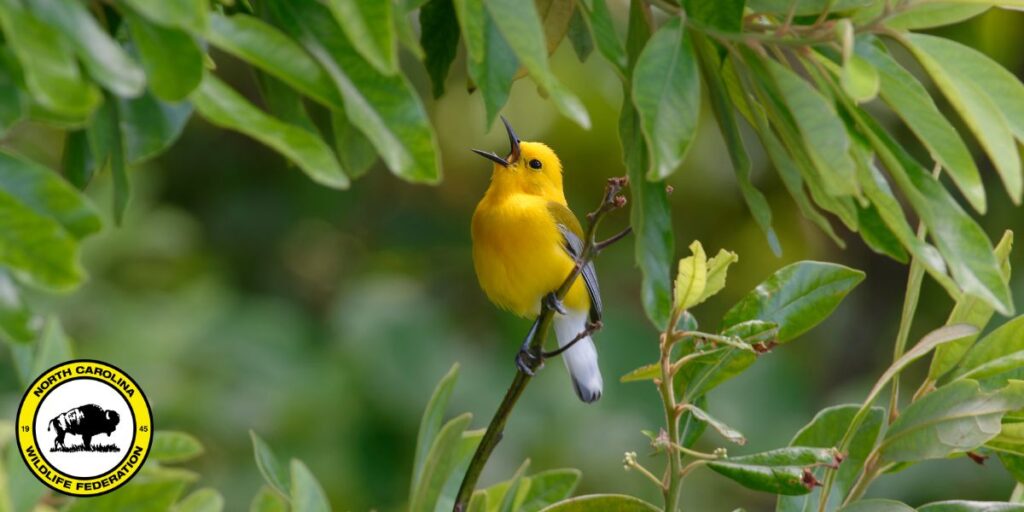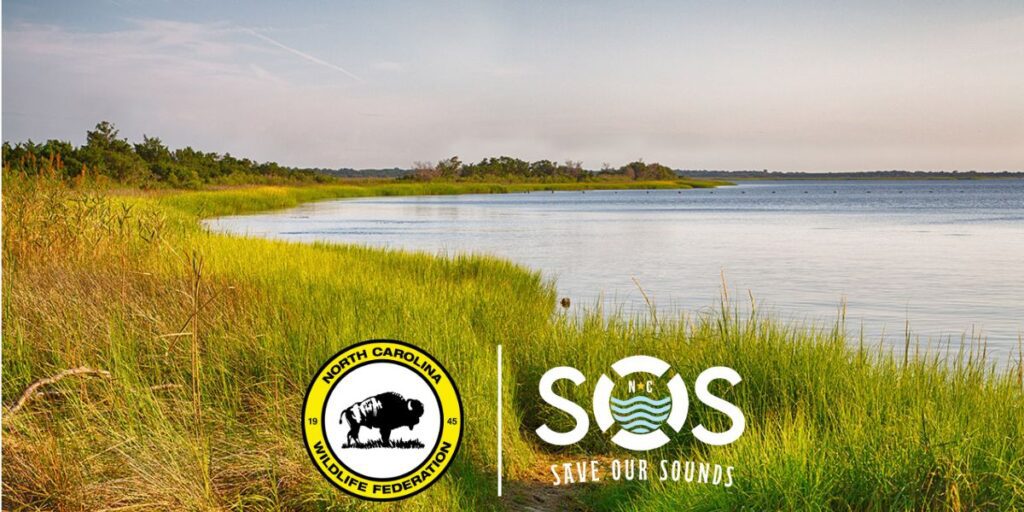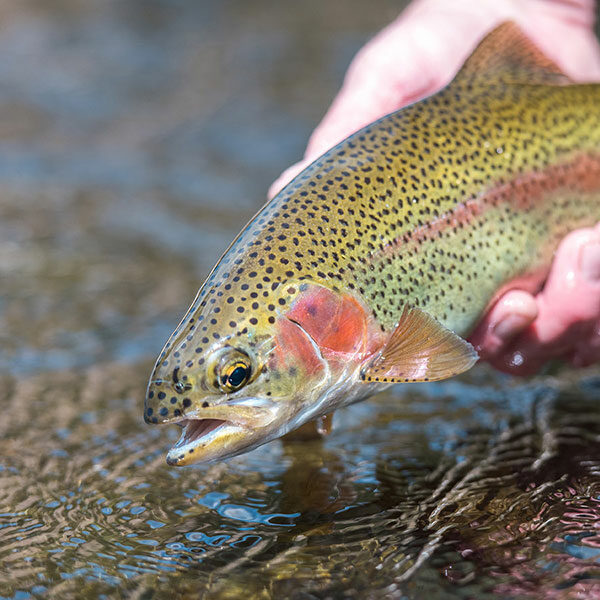North Carolina Waters and Wetlands
The Problem
NC Freshwater Fish Are at Risk of Extinction
The diversity of North American freshwater biota is declining at a rapid rate. One assessment found that 39% of freshwater and diadromous fishes are at risk of extinction. Attributing to decline of native fishes are:
- Obstruction of migratory pathways from dams, irrigation diversion, culverts and other channel modifications;
- Degradation of spawning and rearing habitat;
- Competition, predation and hybridization with invasive species; and
- Accelerated threats to aquatic biodiversity
The Little Tennessee River Basin is a biological and cultural treasure for NC that supports essential recreational and economic activities. Stretching from north Georgia, across the western counties of North Carolina and into Tennessee, the river system boasts an incredibly rich diversity of fish and wildlife within the river and tributary streams. The basin is home to more than 100 species of fish, mussels, snails, crayfish and aquatic plants, including several state and federally listed threatened or endangered species.
Obstructions across streams disrupt flows and prevent fish and other aquatic organisms from moving up and down the river. These obstructions are often low-head dams initially built to operate mills used to grind wheat or corn, and poorly designed road culverts.
The Solution
Little Tennessee Conservation Partnership Conserves Freshwater Fish and Restores Habitat
Removing barriers, by taking out the dams and replacing culverts with bridges, helps expand the range of fishes, mussels, crustaceans and other organisms. Letting them freely move up and down streams means they can once more spawn and establish populations in areas previously rendered inaccessible by human activity.
In 2013, NCWF gathered individuals and organizations interested in conserving the native aquatic fauna to form the nation’s first Native Fish Conservation Partnership called the Little T Native Fish Conservation Partnership. It now includes 20-plus federal and state natural resource agencies, the Eastern Band of Cherokee Indians, conservation organizations, universities and electric utility companies.
What We're Doing
Outcomes & Impact
The partnership takes a nonregulatory, collaborative approach to conservation by incorporating biological needs and local community values into watershed management practices. Practices to restore and enhance native fish and mollusk populations throughout the Little Tennessee basin also apply to other river basins in NC and include:
- Removing stream obstructions such as culverts that impede fish passage
- Restoring riparian stream banks
- Increasing fish, mussel and other aquatic invertebrate population numbers
- Developing videos that emphasize the river basin’s critical resources.
Recent News
Upcoming Events
Related Video
How You Can Help
Join the Cause and Make an Impact
Help NCWF preserve wildlife and wild places for our children and future generations. Learn More.







